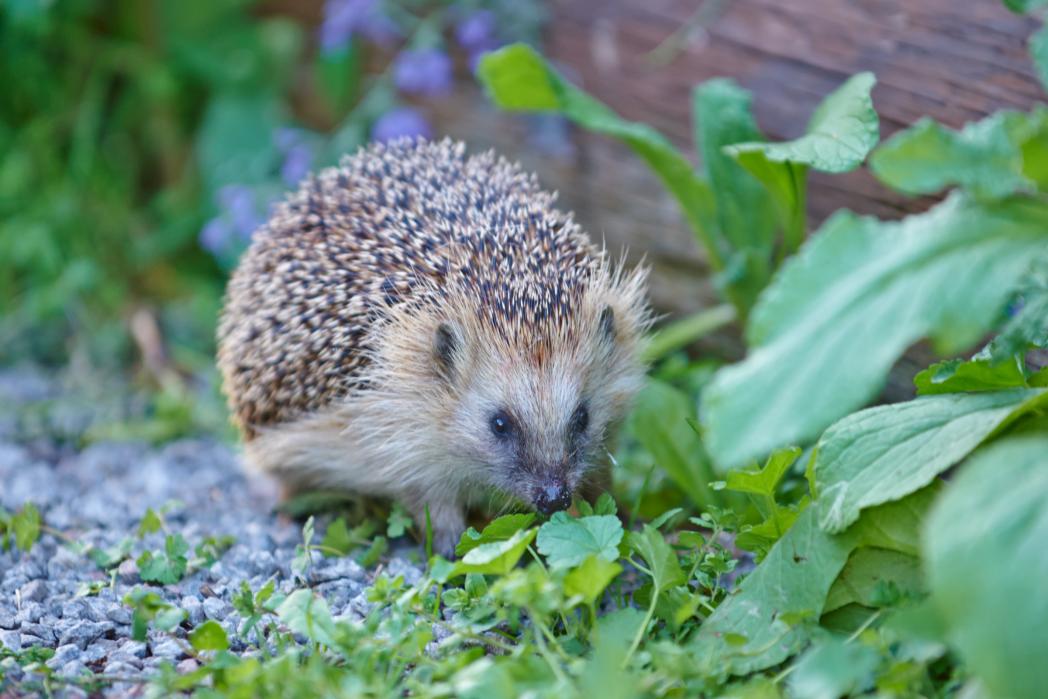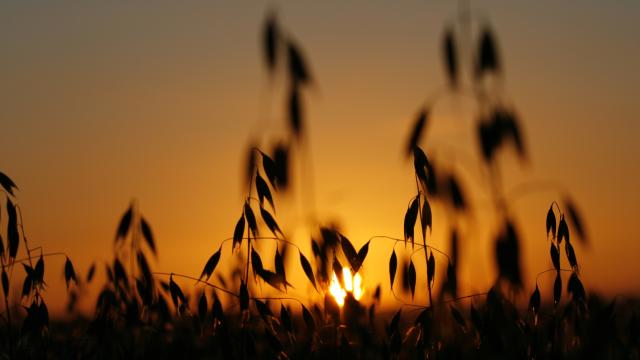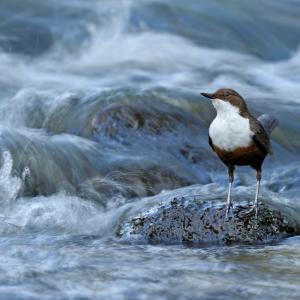As the UK and Europe have been scorched by soaring temperatures this weekend, it's clear we are in the age of consequence for climate change.
If we don’t reduce our emissions rapidly and deeply, what we think of as heatwaves today could simply be called ‘summer’ in the future.
2018 has already seen more than its fair share of wild and weird weather. It was not so long ago that the Arctic was over 30°C above average or the ‘Beast From The East’ sent the UK sub-zero.
That cold snap probably seems like a distant memory as the northern hemisphere swelters through a long hot summer. But extreme weather is happening now - temperatures in Spain and Portugal were predicted to reach record levels at the weekend. The global heatwave has had tragic consequences in countries including Japan and Canada which have seen dozens of heat-related deaths. Devastating wildfires like those which erupted in the Swedish Arctic, California, Greece as well as the peat fire on Saddleworth moor in the UK are made more likely by climate change. These are the signs of our planet in crisis.

Climate change is wreaking havoc on our world’s wildlife. Many of our natural places are rapidly changing due to global warming and extreme weather, forcing wildlife to adapt or move to survive.
The problem is that some species cannot move fast enough and risk being lost forever. As a result, one in six species face extinction. Here at home in the UK, some of our most iconic mammals, such as badgers, moles and hedgehogs, eat invertebrates that favour wetter weather and could be threatened by climate change.
From burning coal, oil and gas for energy to cutting down trees to make way for agriculture, we have known for decades what is causing man-made climate change. And we have the know-how to reign in emissions. Harnessing the potential of renewable energy technology will send old king coal to the dustbin of history in the UK. Electrifying transport will send big oil the same way as coal.
But we can all do our bit. By eating a healthy, more plant-based and less meat-based diet we can reduce pressure on the land and forests that drive climate change.
The UK Government must ramp up action - including deeper and immediate emissions cuts and committing to net-zero emissions well before 2050. By meeting our internationally agreed aims of the Paris Agreement on climate change and limiting global warming to below 1.5°C we can limit the rise of this weird and wild weather and help protect our health, our water supplies and our wildlife.
Not all records are made to be broken, and this weekend's weather has been another warning sign of the harm we’re doing to our planet.

 UK rivers and chalk streams
UK rivers and chalk streams
 Our tips on how to bee friendly
Our tips on how to bee friendly
 Why it's important that we value nature
Why it's important that we value nature